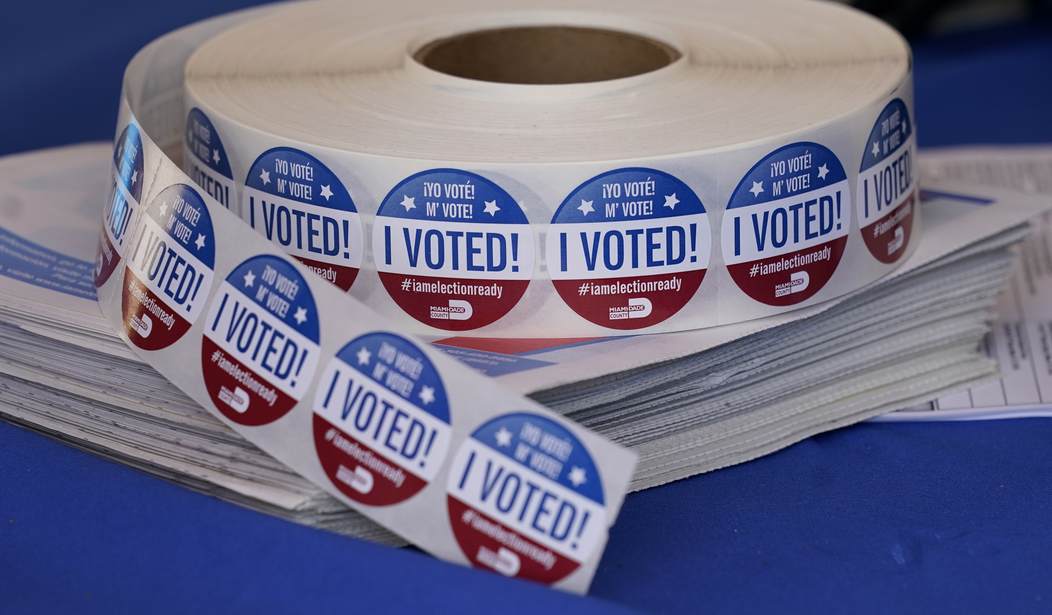They are often misunderstood, underestimated and were curiously absent from the presidential debates.
Who, you might ask?
Millennial and Generation Z voters.
While voter fraud, the Supreme Court, the economy and health care have been the hot topics this election, little has been said about young voters, who could turn the tide of the presidential election.
The Brookings Institution estimates that Millennials (those born between 1982 and 1996) and Generation Z (those born in 1997 and after) make up a combined 42.3% of our nation’s population. Their influence is massive, and millions of them are eligible to vote.
As we have seen this year, Millennials and Generation Z have campaigned for racial justice, women’s rights, police accountability, immigration reform and protections for DACA recipients, student loan relief, affordable or universal healthcare and a host of other important issues. Their ideals and actions should be taken seriously.
According to a Pew Social Trends report released last January, one in 10 eligible voters in 2020 is a member of Generation Z. Moreover, in a 2018 analysis of midterm elections: “Turnout rates increased the most for the Millennial generation, roughly doubling between 2014 and 2018—from 22% to 42%. Among Generation Z, 30% of those eligible to vote (those ages 18 to 21 in this analysis) turned out in the first midterm election of their adult lives.” Clearly, Millennials and Generation Z are leading voting efforts.
At My Faith Votes, we encourage all Christians to look at elections and public policy through the lens of their faith. Yet, numerous Millennials and Generation Z have walked away from faith or have become disillusioned with the Christian church in recent years.
Recommended
A 2018 report by Barna Group states of Generation Z:
“These young Americans have come of age in an incredibly complex world with access to more information and ideas than any other generation before them. They are also the most diverse generation in history. These realities have not only broadened their horizons and sources of input, but inculcated a deep sense of empathy. For instance, Gen Z as a whole are generally opposed to challenging others’ beliefs, likely driven by a desire to avoid offense or to acknowledge the value of other perspectives.”
At this point in the year, you may be tempted to think, “All hope is lost for America, so why bother with these young people?” That, however, is a dangerous way of thinking.
President Ronald Reagan said in his inaugural address on Jan. 5, 1967, “Freedom is a fragile thing and is never more than one generation away from extinction. It is not ours by inheritance; it must be fought for and defended constantly by each generation, for it comes only once to a people.”
If we give up actively reaching, teaching and engaging younger generations, we run an unfathomable risk.
With an increasing number of Millennials and Generation Z expressing enthusiasm for socialist and Marxist ideals, it is imperative that we intentionally invest in reaching the next generation of Christian voters. While these younger voters often affirm Judeo-Christian values, they don’t necessarily vote. We have a responsibility to share biblical principles with them and to inspire them to live out truth in their communities, starting with voting. During the last presidential election cycle, we visited more than 40 different Christian college and university campuses and reached 172,000 students—73% of those who used our tools turned out to vote. This year we are working on over 250 Christian college campuses.
We believe a biblical worldview provides comprehensive answers to life’s biggest questions, and we’ve seen it resonate with young voters. They just need to be encouraged to protect and preserve the ideals that bring peace and freedom to our nation, the very ideals that allow them to lead and advocate for change.
So if you have a Millennial or Gen Zer in your home, encourage them to participate in the election process on Tuesday. After all, it’s their future they are voting for.
###
Audrea Decker is the Director of Communications and Strategic Initiatives for My Faith Votes, a nonpartisan movement that mobilizes and equips Christians in America to vote in every election.

























Join the conversation as a VIP Member